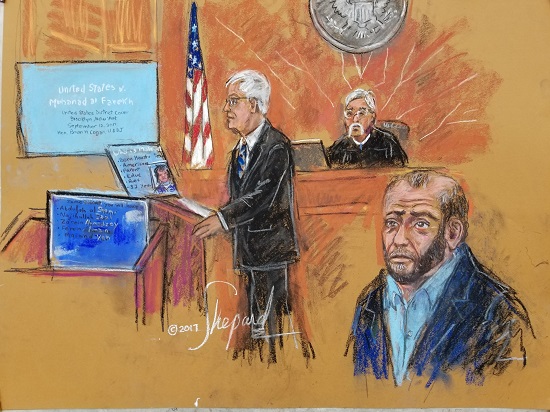American al-Qaeda member convicted for helping blow up U.S. military base

An 11-person jury convicted an American al-Qaeda member Friday, charged for helping bomb a U.S. military base in Afghanistan, officials said.
After a two-week trial and three days of jury deliberations, Muhanad Mahmoud Al Farekh, 31, was found guilty of all nine counts of an indictment that charged him for a 2009 bombing on a U.S. military base.
An experienced team of terrorism prosecutors cause Brooklyn’s federal court to be a magnet for terror cases. This guilty verdict adds to an already strong track record of terrorism convictions for the court.

Brooklyn Boro
View MoreNew York City’s most populous borough, Brooklyn, is home to nearly 2.6 million residents. If Brooklyn were an independent city it would be the fourth largest city in the United States. While Brooklyn has become the epitome of ‘cool and hip’ in recent years, for those that were born here, raised families here and improved communities over the years, Brooklyn has never been ‘uncool’.